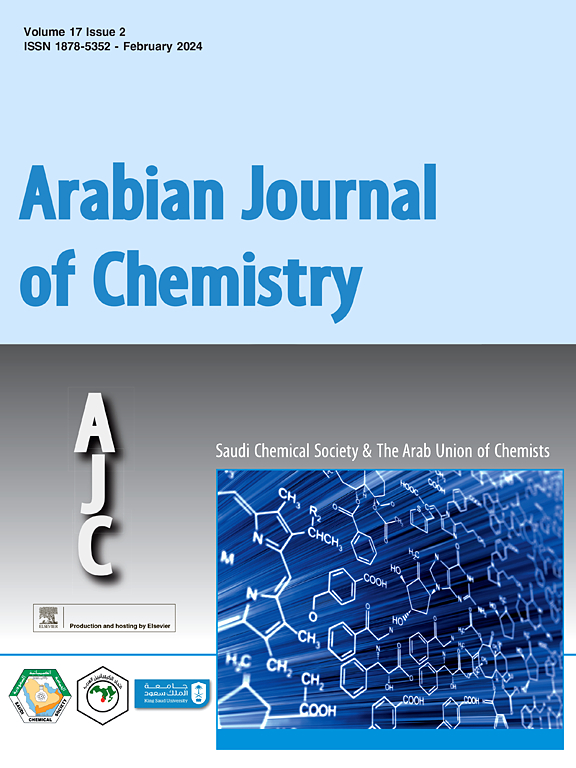Recent progress in biomass-derived carbon for alkali metal-sulfur and selenium batteries
IF 5.2
2区 化学
Q2 CHEMISTRY, MULTIDISCIPLINARY
引用次数: 0
Abstract
This review explores recent advancements in using biomass-derived materials for alkali metal-sulfur and selenium batteries, which are rapidly evolving in the field of high-energy–density storage systems. At the core of our discussion is the utilization of biomass-derived carbon (BDCs), emphasizing its vital role in enhancing the performance of these batteries. We examine the applications of carbon derived from biomass as hosts, extending our exploration beyond lithium-sulfur (Li-S) batteries to include a broader range of alkali metal combinations with sulfur and selenium. We emphasize the rational design and strategic use of biomass-derived materials in addressing challenges such as polysulfide and polyselenide dissolution and slow redox kinetics. The review highlights how these carbon materials contribute to high energy density and long cycling lifespans in sulfur and selenium-based batteries, enhancing stability and efficiency. Concluding with a forward-looking perspective, it identifies the ongoing need for innovation in biomass-derived carbon applications to advance alkali metal-sulfur and selenium batteries’ capabilities.
碱金属硫电池和硒电池用生物质碳的研究进展
本文综述了生物质衍生材料在碱金属硫电池和硒电池领域的最新进展,这两种材料在高能量密度存储系统领域正在迅速发展。我们讨论的核心是生物质衍生碳(bdc)的利用,强调其在提高这些电池性能方面的重要作用。我们研究了来自生物质的碳作为宿主的应用,将我们的探索扩展到锂硫(Li-S)电池之外,包括更广泛的碱金属与硫和硒的组合。我们强调合理设计和战略性使用生物质衍生材料来解决诸如多硫化物和多硒化物溶解和缓慢氧化还原动力学等挑战。该综述强调了这些碳材料如何有助于硫基和硒基电池的高能量密度和长循环寿命,提高稳定性和效率。最后,从前瞻性的角度出发,报告指出了生物质衍生碳应用的持续创新需求,以提高碱金属硫电池和硒电池的性能。
本文章由计算机程序翻译,如有差异,请以英文原文为准。
求助全文
约1分钟内获得全文
求助全文
来源期刊

Arabian Journal of Chemistry
CHEMISTRY, MULTIDISCIPLINARY-
CiteScore
10.80
自引率
3.30%
发文量
763
审稿时长
63 days
期刊介绍:
The Arabian Journal of Chemistry is an English language, peer-reviewed scholarly publication in the area of chemistry. The Arabian Journal of Chemistry publishes original papers, reviews and short reports on, but not limited to: inorganic, physical, organic, analytical and biochemistry.
The Arabian Journal of Chemistry is issued by the Arab Union of Chemists and is published by King Saud University together with the Saudi Chemical Society in collaboration with Elsevier and is edited by an international group of eminent researchers.
 求助内容:
求助内容: 应助结果提醒方式:
应助结果提醒方式:


